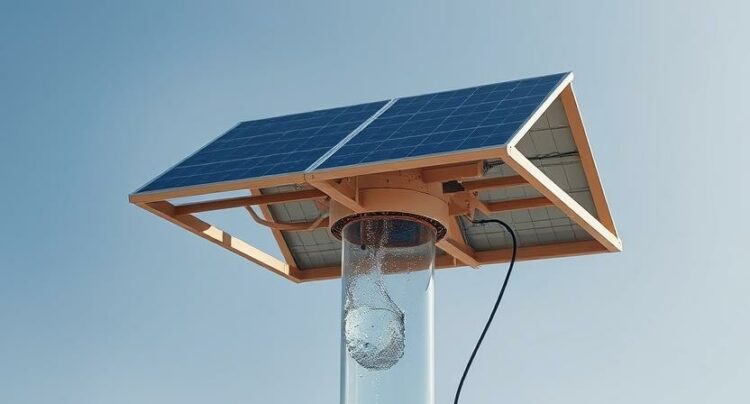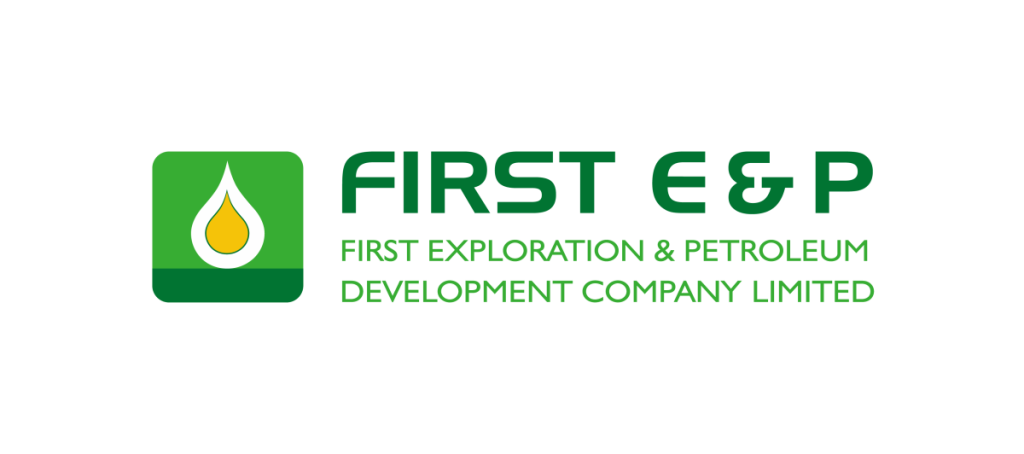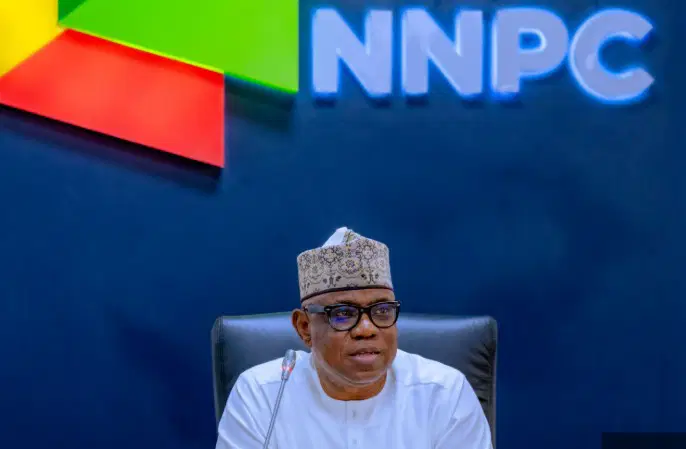Mozambique’s long-awaited giant LNG project is now set for completion
Anadarko’s positive final investment decision on the $20 billion-plus Area 1 Mozambique LNG project is a significant achievement for a development that has faced numerous challenges over the last decade.
The project, which is based on gas from Area 1 in the Rovuma Basin, is one the largest investments in Africa.
It will be the country’s first onshore LNG development, initially comprising two trains on the Afungi peninsula in northern Mozambique with a total capacity of 12.88m tonnes per year (t/y). First gas is expected in 2023.
The last of 11.1m t/y of LNG sales agreements—mainly to take exports to Asia—were tied up earlier this year by the Anadarko-led consortium. Others in the group include Mozambique’s state energy firm ENH, Japan’s Mitsui, Thailand’s PTTEP and ventures in which Indian firms ONGC, OVL and Bharat Petroleum have stakes.
The developers will also be responsible for constructing support facilities to be shared with another 15.2m t/y LNG project based on gas in offshore Area 4, for which ExxonMobil could take FID in coming months.
The Area 1 project FID takes place against the background of Occidental’s takeover of Anadarko, which was agreed in May but has yet to be completed. Occidental has agreed to sell Anadarko’s African assets, including those in Mozambique, to France’s Total, once the acquisition is complete.
While that chain of events creates a degree of uncertainty until the deals are done, Total’s future involvement as project leader has ruffled few feathers among investors, given the company’s long track record in developing LNG projects – by contrast, neither Anadarko nor Occidental are LNG specialists.
In any case, preparation for FID on the project was so advanced by the time the takeover was agreed that it would have been counterproductive to delay it, so Anadarko was effectively left to make its own call on giving the green light, regional observers said.
A string of contracts has already been awarded, including one, announced in early June, with a joint venture between McDermott International, Chiyoda and Saipem to build the two liquefaction trains. Anadarko also said it had awarded contracts for various elements of the subsea gathering system to a number of firms, including TechnipFMC and Oceaneering International.
‘Foundational project’
Mozambique LNG is not the first LNG project to be sanctioned in the country– FID on Eni’s Coral floating LNG project was taken in 2017. However, the structure of that project was simple by comparison in that it was much smaller, required no onshore infrastructure, and tied up a sales agreement for all of its output with one buyer. BP agreed to take all the LNG from the 3.4m t/y project for more than 20 years.
By contrast, Mozambique LNG has had to piece together sales agreements with a spectrum of buyers at a time when the global market was already well supplied, as new Australian and US export plants came onstream. Meanwhile, the oil price crash of late 2014 hit just as plans for the facility were solidifying, restricting investor spending.

The project faced yet another hurdle when Mozambique introduced revamped petroleum sector legislation, also in 2014, which created uncertainty over terms and provisions that had been agreed under the previous legal framework.
However, with the oil price recovery and Asian gas demand expected to rise over the next decade, Anadarko and its partners have finally been able to push the development over the line.
“What has enabled this to go forward was timing. We got the right market, the sponsors and offtakers were on board and there was strong support from the government,” Vera De Brito de Gyarfas a Houston-based partner at law firm King and Spalding told Petroleum Economist. She worked closely with Anadarko on project’s development and shaping the LNG sales agreements.
“I think this is the foundational project, because it is onshore. Once this takes off there will be opportunities for domestic gas projects, as well as other LNG projects in Mozambique,” she added.
Building investor confidence
Winning more energy sector investment may also depend on continued improvement in the overall business climate in Mozambique, which remains one of the world’s poorest countries. This led to fears the country could succumb to a gas-fuelled version of the “oil curse”, with officials spending lavishly on ill-conceived projects, long before gas revenues arrived.
However, the country recently reached a restructuring agreement with holders of its 2023 Eurobond, which ratings agency Fitch described as “a sign of the government’s commitment to improving its fiscal credibility”.
In 2016, the IMF and foreign donors cut off budgetary aid, following the revelation of $1.4 billion of previously undisclosed government borrowing. That led to a currency collapse and a default on the Eurobond in January 2017.
Source: Petroleum Economist









The go-to place for all my healthcare needs.
where buy cheap lisinopril price
I’m grateful for their around-the-clock service.
The gold standard for international pharmaceutical services.
can i get cheap cytotec without rx
Their global presence ensures prompt medication deliveries.
They have a fantastic range of supplements.
get cipro no prescription
Read information now.
They make international medication sourcing effortless.
where buy cheap clomid pill
Impressed with their wide range of international medications.